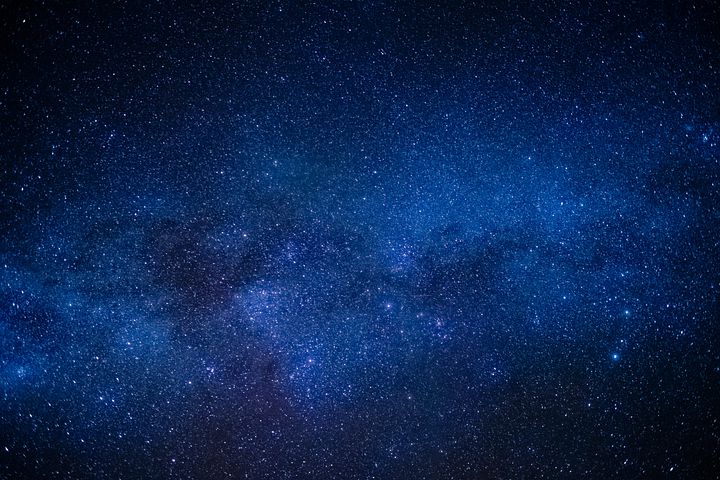After the failed SpaceX attempt to set 49 Starlink satellites into orbit on Thursday, Feb. 3, is it worth putting more infrastructure into space just for it to later become debris?
The day after the satellites were placed into low Earth orbit and were expected to be launched into final orbit, a strong geomagnetic storm changed the conditions of the atmosphere, causing 40 of the Starlink satellites to fall out of orbit.
Geomagnetic storms are caused by solar wind shock waves and disrupt the Earth‘s magnetosphere.
According to NPR, SpaceX attempted to save nine of the satellites and they are expected to survive in final orbit. Fortunately, the satellite debris that is falling out of orbit will burn up as it reenters the Earth’s atmosphere and will not hit the ground.
Although there will not be debris hitting Earth’s surface in this instance, the possibility is worrisome. Do we really need to continue to build space infrastructure when there is already plenty of existing space junk?
According to NASA, as of May 2021, there are more than 27,000 pieces of orbital debris, also known as “space junk,” that are being tracked by the Department of Defense’s global Space Surveillance Network sensors.
These pieces of space junk travel up to 15,700 mph, which is fast enough to damage space vehicles and other space infrastructure such as the International Space Station.
What does this mean for the possibility of future space exploration and space infrastructure?
“Considering how bad infrastructure is on earth, I am not excited about the continuation of it in space, especially since the possibility of people leaving Earth will only be accessible to rich white men,” said Marin Grant, a graduate student in the master in English program.
As of September 2021, there were 6.3 billion tons of trash on Earth, according to Recycle Coach. If there is a ridiculous amount of trash on Earth, why do we not handle the problem here rather than find a new inhabitable planet?
“I think that space exploration is definitely worth doing. However, I wonder if that money and time would be of better use if we put it towards taking better care of the planet we are on,” said Jaden Lemmonds, a sophomore English major. “The fact that we have not found another planet able to support life as we know it yet seems indicative of the fact that we should be worried about the planet we already have.“
In the future, NASA plans to send astronauts to the moon in 2024 to land on the lunar south pole. Additionally, NASA is in the process of advancing aeronautics, human spaceflight and other significant technology such as the 3D printer.
“The idea of going to space scares me, but I do find the study of it very interesting, so I appreciate the people that have already gone in order to bring us new information about the cosmos,” Lemmonds said.




